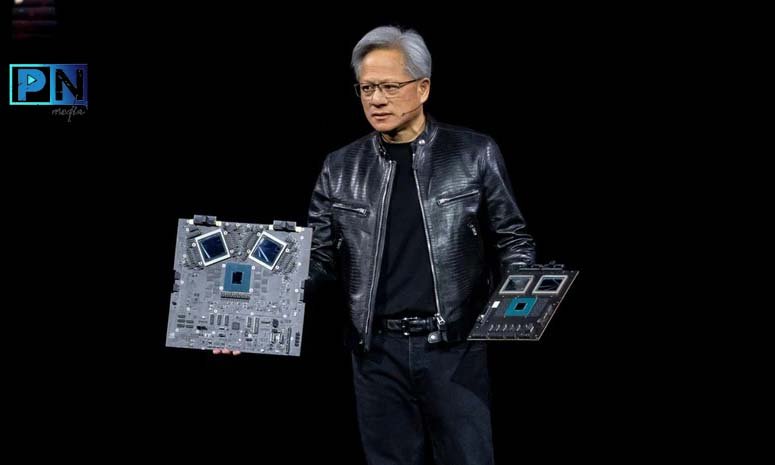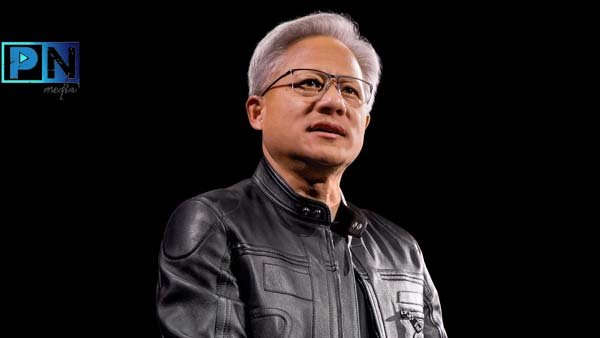Nvidia CEO Jensen Huang believes the world is just stepping into the AI revolution, and with it, major changes are coming to how people work. According to him, AI will probably bring 4-day work weeks, but that does not mean humans will have less to do. In fact, he warns we may end up busier than ever.
Speaking on Fox Business Network’s The Claman Countdown, Huang explained that artificial intelligence can complete time-consuming tasks much faster, giving people more room to chase new ideas. “The more productive we are, the more opportunity we get to pursue new ideas,” he said. He added that most companies already have more ideas than they can handle, and AI will only accelerate that.

Why AI Will Probably Bring 4-Day Work Weeks
Huang compared today’s AI revolution to past industrial revolutions that reshaped society. He pointed out that the seven-day work week once shifted to six, and eventually to the five-day standard we know today. For him, history shows that AI will probably bring 4-day work weeks as productivity and efficiency increase.
He also predicted global GDP growth, higher productivity, and entirely new categories of jobs created by AI. “Some jobs will disappear, many will be new, but one thing is certain. Every job will change,” Huang said.
Real-World Examples of 4-Day Work Weeks
Huang’s ideas are not just theory. Large studies in the UK, North America, and the Netherlands show that companies with shorter schedules report massive benefits:
- Productivity jumped by up to 24%
- Burnout was reduced by half
- Turnover dropped sharply
Workers achieved the same results in about 33 to 34 hours per week, proving that shorter work weeks do not mean less output. Employees also reported better health, higher job satisfaction, and fewer sick days.
These results support Huang’s prediction that AI will probably bring 4-day work weeks, just as earlier industrial revolutions changed social behavior.

AI, Jobs, and the Future of Work
While tech leaders like Elon Musk predict a future where robots do all the work and people live freely, Huang disagrees. He believes people will remain very busy, using AI tools to move faster and achieve more.
He emphasized that AI is now transforming nearly every sector such as cloud computing, robotics, self-driving cars, and manufacturing. This growth is driving huge demand for Nvidia’s AI chips. He estimates that $3 to $4 trillion will be invested into AI infrastructure before the decade ends.
Despite uncertainties around jobs, Huang remains optimistic. “Life quality will get better over time,” he said, adding that AI’s role in shaping work is not about doing less, but doing better.
Follow for Updates!
Facebook: Newton Meshak
TikTok: @Mrrpoat